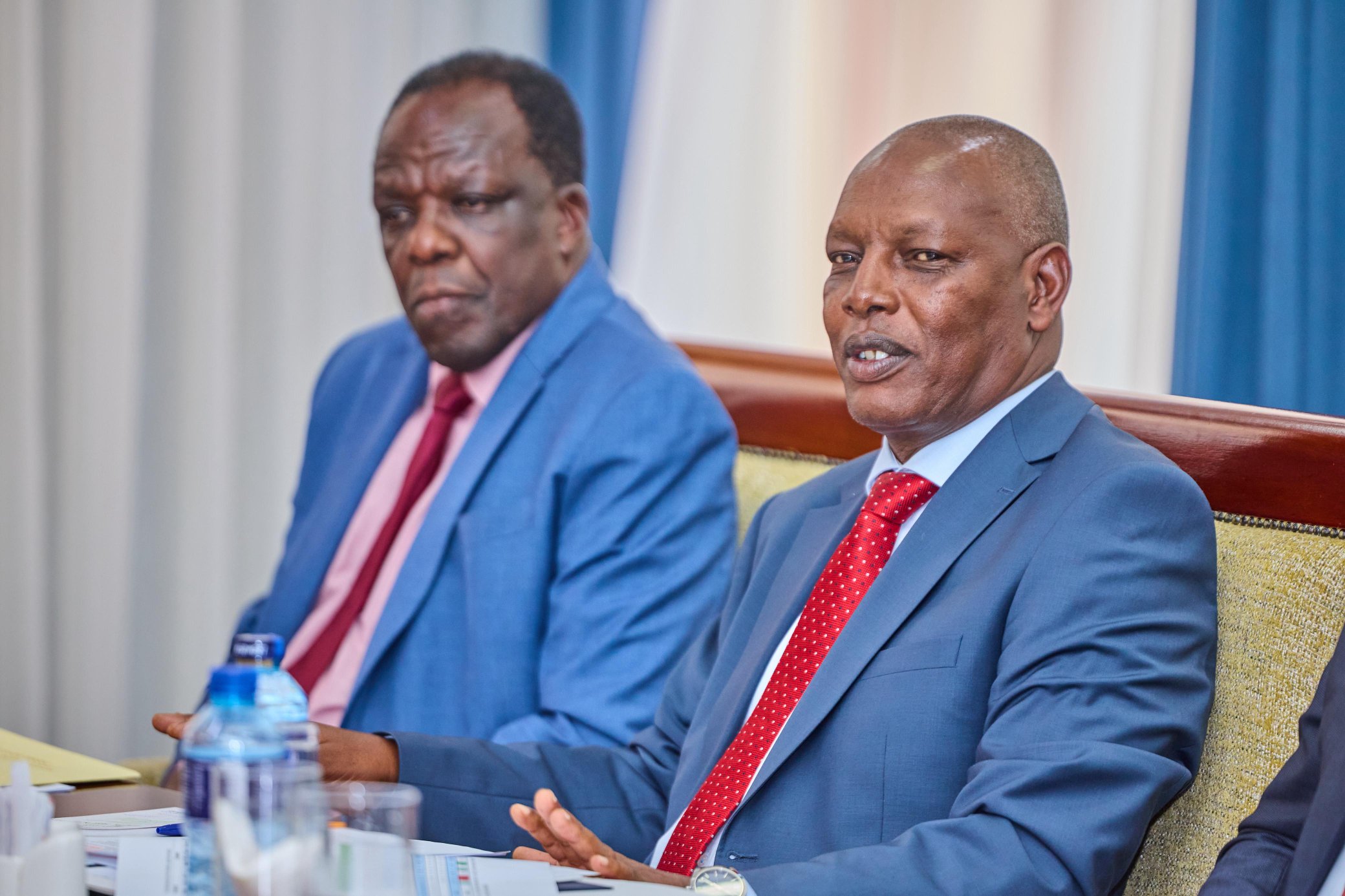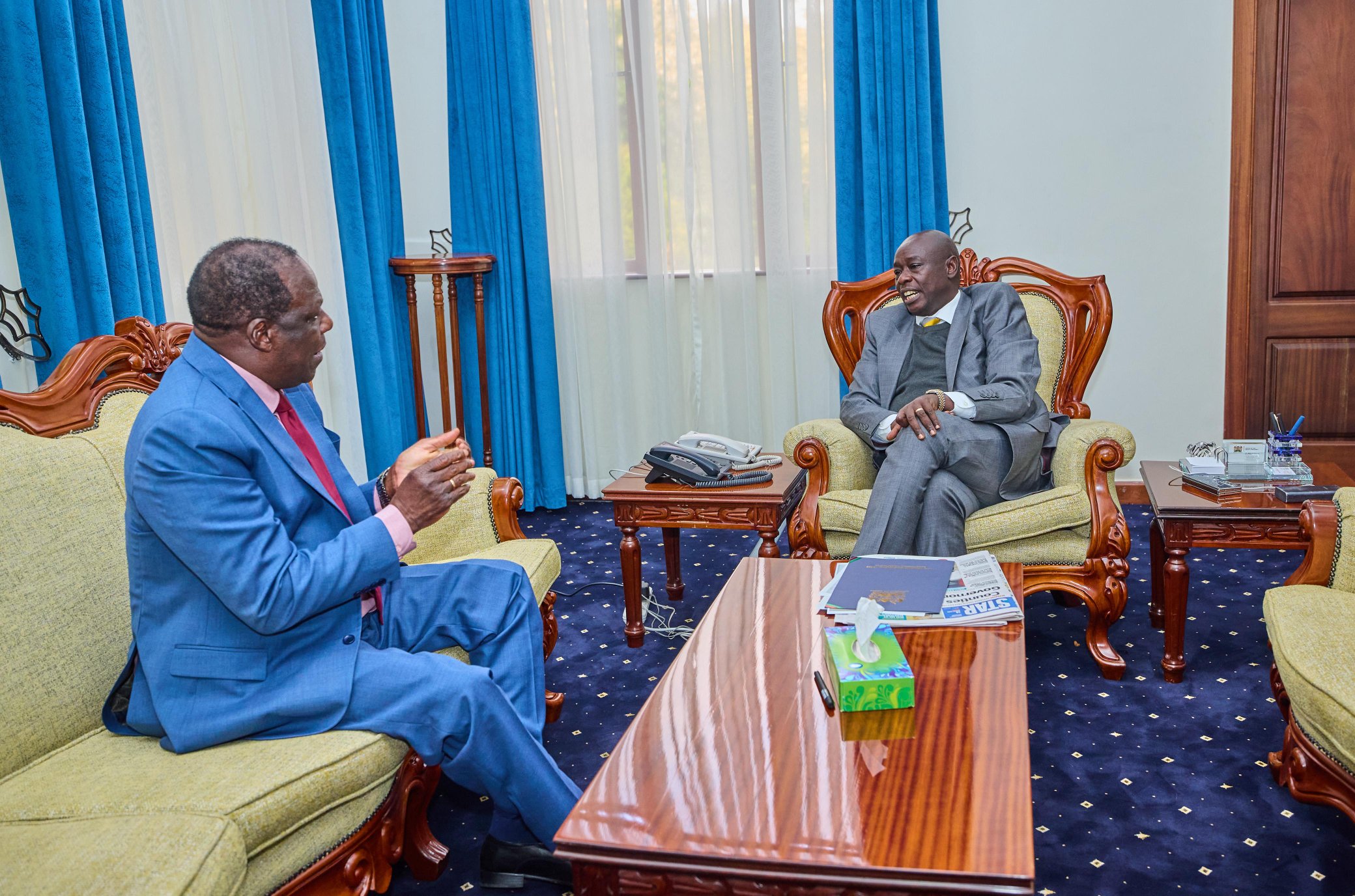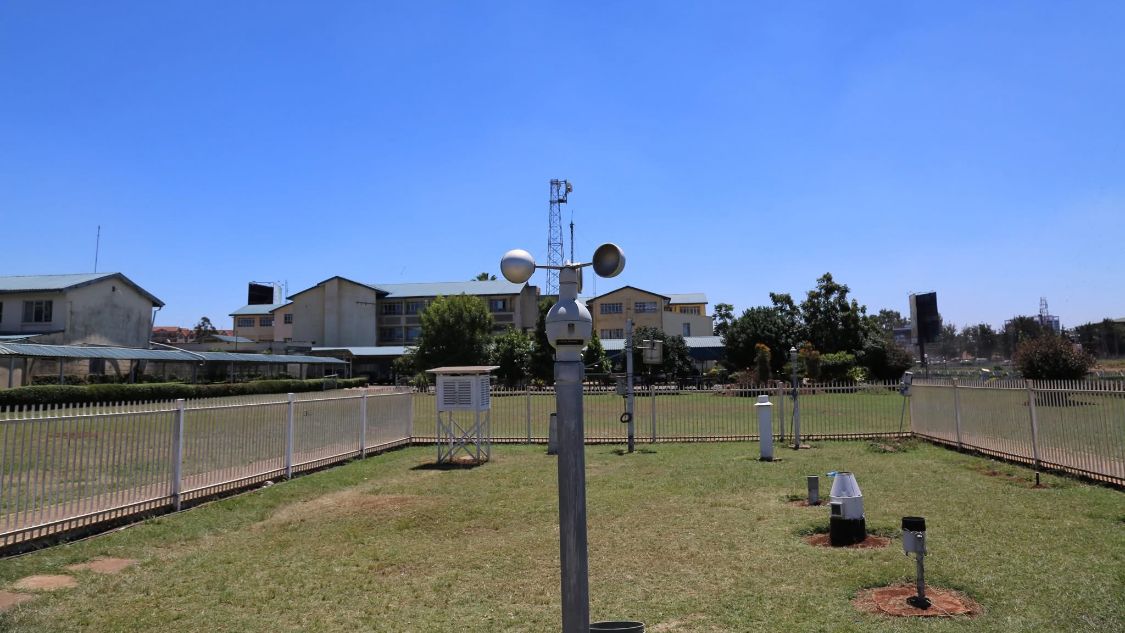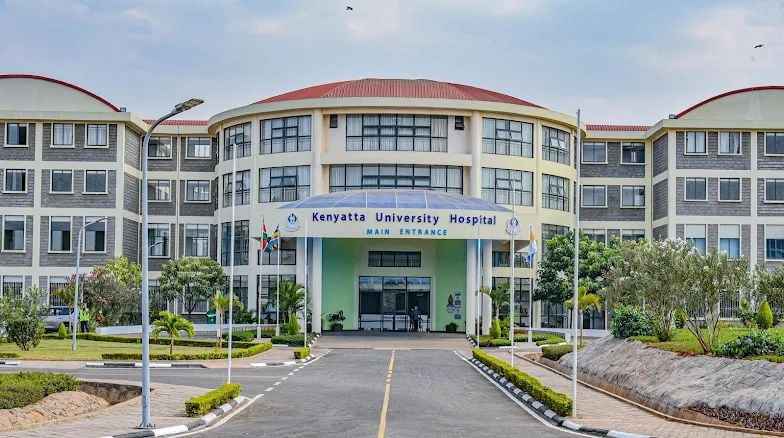Deputy President Rigathi Gachagua has disclosed that the biggest challenge the Government has endured in the ongoing coffee and tea reforms is marketing which is being done by cooperative societies.
Gachagua made the revelation while hosting Cabinet Secretaries Wycliffe Oparanya and Andrew Karanja on Monday, August 26, while giving them updates on the sector.
"Much as we've had a problem with the production, the biggest challenge has been marketing because it's done by the cooperative societies where we have a serious challenge of governance and integrity, that's where we've had the weakest link in the reforms," Gachagua stated.
He appealed to KTDA leadership to facilitate farmer-centered reforms in the sector while also urging them to be mindful of the farmers' welfare.
"We are spending too much money on production to the detriment of the farmer. We must agree on production cost, which has been aggravated by directors. The directors must stop being extravagant.
Read More
"As a government, we are willing to support you to bring stability to KTDA. The new board must be reformist to the benefit of the farmers," Gachagua told KTDA Board Chairman Enos Njeru, who was present at the meeting.

On the coffee sub-sector, the Deputy President urged CS Karanja to ensure farmers have access to the Government's subsidized fertilizer.
"Coffee has had perennial problems for almost two decades arising from various factors. After the private sector took over the sector, exploitation of farmers went underway. When farmers did not get returns commensurate with their efforts they neglected the crop and production went down to 50,000 tonnes. We are working on increased production, improved pricing, and motivating farmers back to the farming practice," remarked Gachagua.
He added, "Some cooperative societies have been protesting because, despite good prices, farmers got little since the officials of the Saccos had borrowed money from banks without the authority of farmers and were deducted."

-1770270955.jpg)




